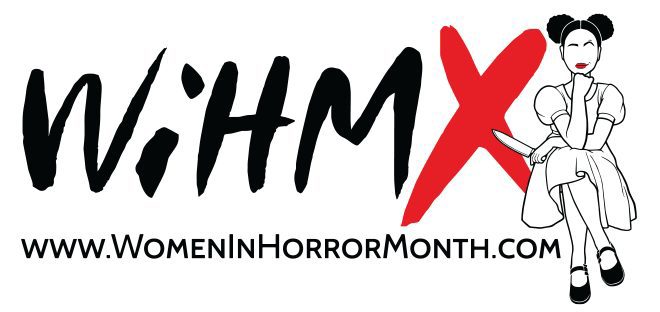
Looking back at American supernatural tales of the 19th and 20th century, we can see that often the themes that they focused on revolved around women and children and the traditional roles they were expected to fill. On the surface, it may seem like that reinforces a conservative, patriarchal view of the world, but women who wrote these stories often used them to explore questions about sexuality, marriage, the domestic sphere, and the horror of confinement to the narrow expectations faced by women and girls.
Shirley Jackson’s “Afternoon in Linen”, is a textbook example of this (literally– it appears in my daughter’s language arts textbook). While it has no supernatural elements, we see a lot of tension between adult expectations of our protagonist Harriet, her own desires, and the boy there who also happens to be her classmate. In the story, Harriet’s grandmother and mother expect her to perform on the piano and recite her original poetry to visitors. Harriet does not want to either play the piano or share her personal thoughts with the visitors and insists she doesn’t know how. She can tell that the boy who arrived with the visitors, who is also a classmate, will mock her poetry to her peers. Pushed to the limit by her grandmother, Harriet claims she lied about writing the poem herself. She would rather disappoint the expectations of the adults wanting to show off her feminine talents than perform for them; and she would rather be seen as a liar than teased by her peers. Harriet’s self-determination and how the conflicting expectations of the people around her affect her behavior leave the reader unsettled, even though the story doesn’t hold the horror of The Haunting of Hill House.
It’s interesting that actually, many of the women who wrote supernatural stories are seen as “regional” or “realistic” authors, with their ghost and supernatural stories disregarded in favor of their better-known works. Edith Wharton, Sarah Orne Jewett, Kate Chopin, and Harriet Beecher Stowe, all of whom either appeared in my American lit textbook or were recommended reading, were never identified as writers of supernatural fiction there.
While supernatural tales often were written with women as the victims, sometimes they were also written with powerful women with agency in them. Women authors used the supernatural to explore anxieties about marriage, home, power, and the fragility of love and relationships. Under cover of the fantastic and unreal. they were able to strike deep into the emotional and psychological truths of women’s lives, while delivering a terrifying tale that those simply looking for entertainment could appreciate.
So many women wrote for newspapers and periodicals that have now crumbled to pieces that we may never know how many talented writers’ works were lost forever. Of those that remain, some are only available in out-of-print limited editions. Others, however, are available either free or cheap as ebooks (The Wind in the Rose-bush by Mary E. Wilkins Freeman and Tales of Men and Ghosts by Edith Wharton, for instance) You kind of have to know who you’re looking for to find the hidden supernatural tales that haven’t made it into textbooks or onto lists of recommended or required reading. I’ve written about some of them in the past, but there’s much to do to bring women writers of supernatural fiction to light.
Luckily, today, women don’t have to fight quite as hard to be recognized for their outstanding work in the horror genre. Today on Facebook, author Christopher Golden asked writers to name the people who had been supportive to them on their creative journey, and there were many women writers who responded, and even more who were named as mentors and friends. Of course there is still a long way to go in terms of representation, but that’s why we have Women in Horror Month– to bring attention to all the great creative women in the horror genre who make it come alive. I challenge you to pick out a book by a woman writer of horror this month that you haven’t read before, and read it. There’s so much good stuff out there that there’s really no reasonable excuse not to.
Note: This post owes much to Alfred Bendixen’s Haunted Women: The Best Supernatur




Follow Us!